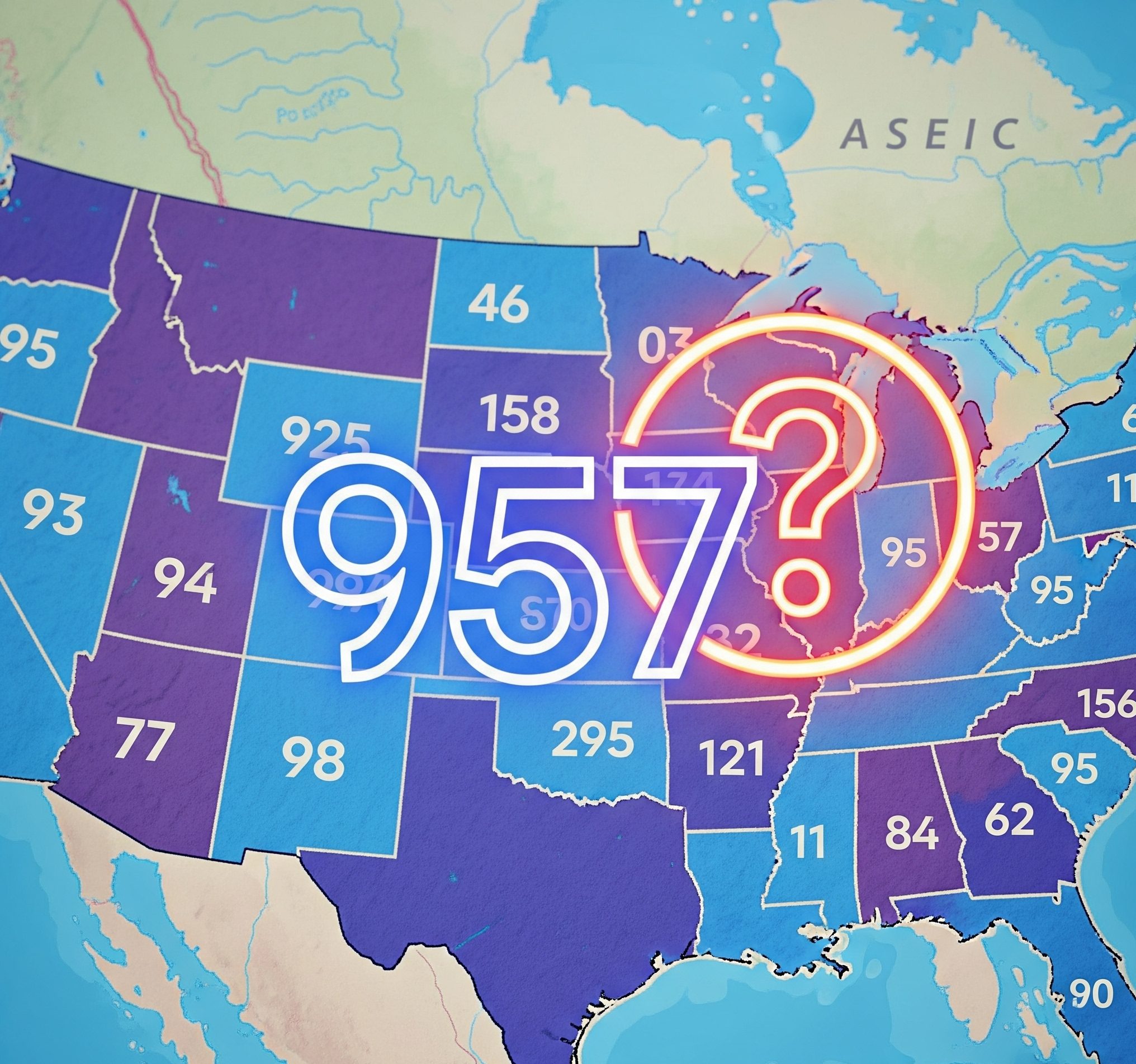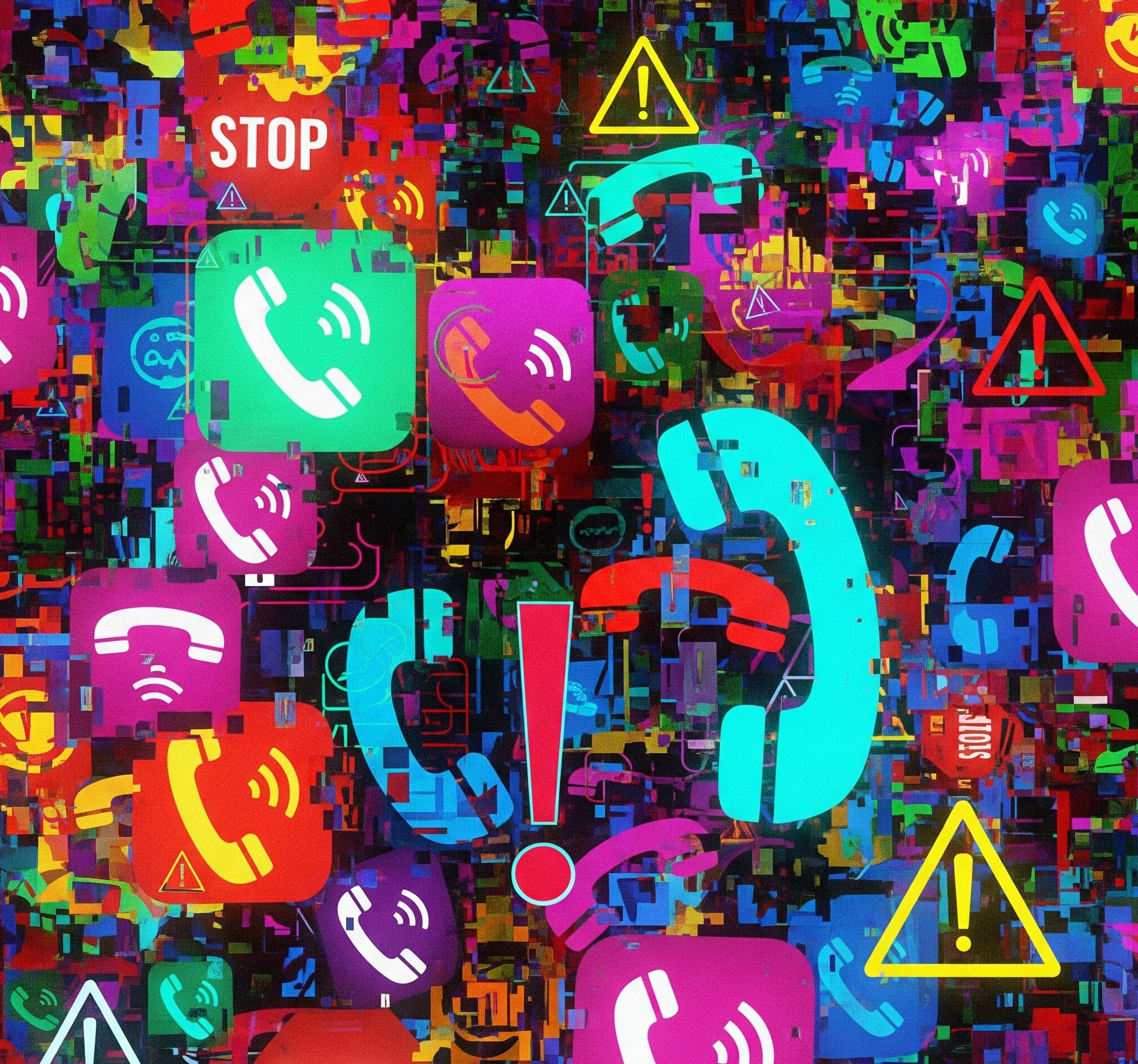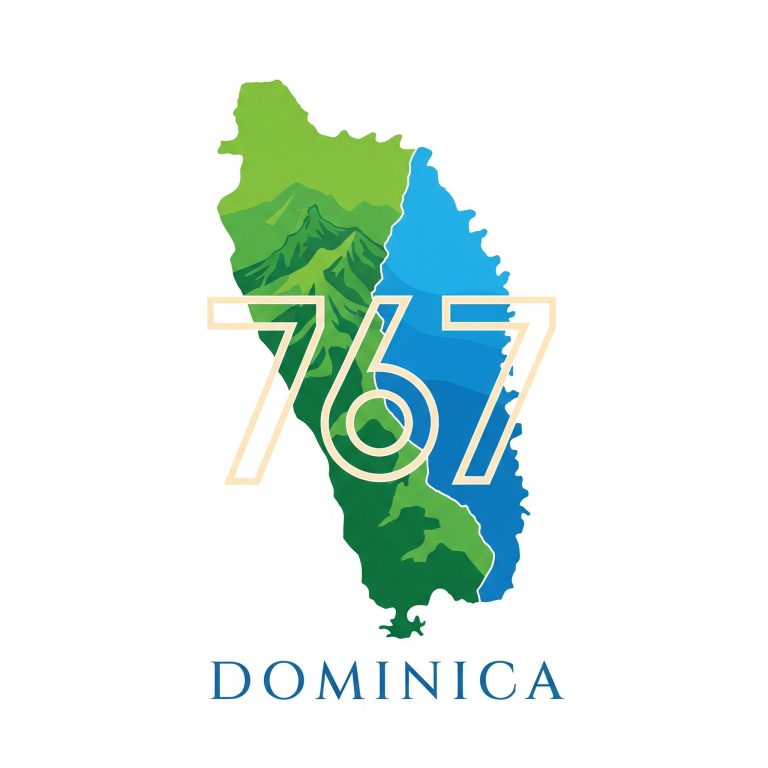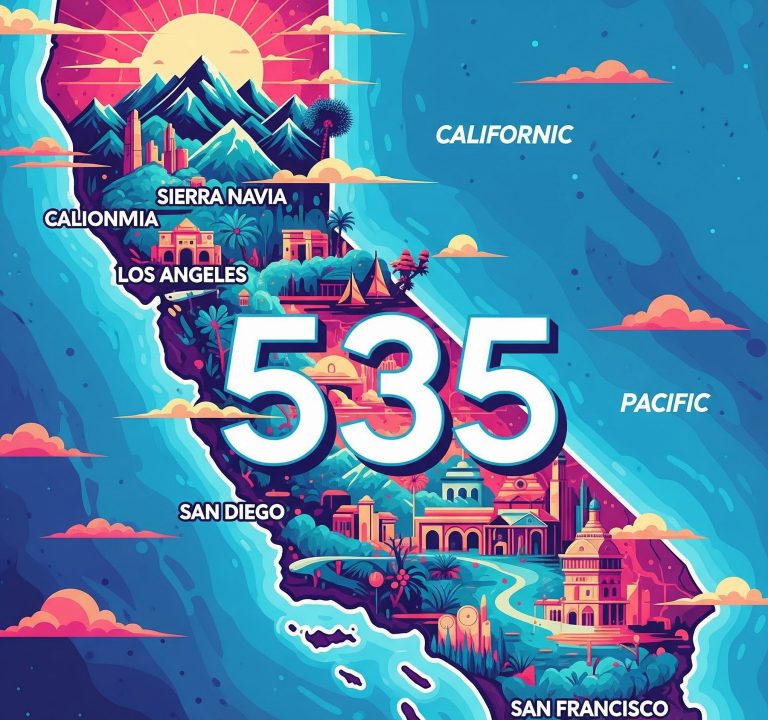In an age of constant connectivity, the telephone remains a vital link to our friends, families, and communities. However, with this connectivity comes the risk of unwanted and often fraudulent calls. A new number has been making the rounds, leaving many Americans wondering: what is the 957 area code? This article delves into the mystery of the 957 area code, explaining what it is, what it isn’t, and how you can protect yourself from potential scams associated with it.
Contents
Understanding the North American Numbering Plan
To grasp the significance of the 957 area code, it’s essential to understand the system that governs telephone numbers in the United States. The North American Numbering Plan (NANP) is a telephone numbering plan for the United States, Canada, and some nearby territories. It’s the reason we have three-digit area codes followed by a seven-digit telephone number. Each area code is assigned to a specific geographic region. For instance, New York City is famously associated with the 212 area code, while Los Angeles is known for 213 and 310.
The body that administers the NANP is the North American Numbering Plan Administrator (NANPA). They are responsible for assigning new area codes as existing ones run out of available phone numbers. This process is carefully managed to ensure a consistent and reliable telephone network.
The Status of the 957 Area Code
Here’s the crucial piece of information: the 957 area code is not currently assigned to any geographic location in the United States by NANPA. While there have been some historical notations of it being a “pending” or “unassigned” code, it is not in active, legitimate use for general-purpose telecommunication in the U.S.
This means that if you receive a call from a phone number with a 957 area code, it is highly likely that the call is not legitimate. It is a red flag that should immediately raise your suspicion.
The Threat of Area Code Spoofing
You might be wondering, “If the 957 area code isn’t real, how can I be receiving a call from it?” The answer lies in a deceptive practice known as “area code spoofing.”
Spoofing is the act of falsifying the information that appears on your caller ID. Scammers use technology to make it appear as though they are calling from a different number than their actual one. They can mimic the number of a legitimate organization, a neighbor, or even an unassigned area code like 957.
The goal of spoofing is to trick you into answering the phone. Scammers know that many people are wary of calls from unfamiliar or international numbers. By using a seemingly domestic but non-existent area code like 957, they create a sense of mystery or urgency that might compel you to pick up.
Common Scams Associated with Spoofed and Unassigned Area Codes
Once you answer a call from a spoofed number, scammers employ a variety of tactics to defraud you. Some of the most common scams include:
- The “One-Ring” Scam: The scammer calls and hangs up after one ring. Their hope is that you will be curious enough to call the number back. If you do, you may be connected to a premium-rate number that charges exorbitant fees for every minute you stay on the line.
- Impersonation Scams: The caller may pretend to be from a government agency like the IRS or Social Security Administration, a law enforcement agency, or a well-known company. They may claim you owe money, have won a prize, or that there is a problem with one of your accounts. Their goal is to steal your personal information or trick you into sending them money.
- Phishing Scams: The scammer may try to get you to reveal sensitive information such as your Social Security number, bank account details, or passwords. They might claim they need to “verify” your information for security purposes.
- Tech Support Scams: The caller may allege that they have detected a virus on your computer and will offer to fix it for a fee. They may ask for remote access to your computer, which could allow them to install malware and steal your data.

How to Protect Yourself from 957 Area Code and Other Spoofed Calls
The best defense against scams originating from the 957 area code and other spoofed numbers is a healthy dose of skepticism and a proactive approach to your phone security. Here are some practical steps you can take:
Be Wary of Unfamiliar Numbers
If you don’t recognize the number, and especially if it’s from an unassigned area code like 957, let the call go to voicemail. A legitimate caller will likely leave a message. Scammers rarely do.
Don’t Call Back
If you receive a missed call from the 957 area code or any other suspicious number, resist the urge to call it back. This can prevent you from falling victim to the “one-ring” scam.
Block Suspicious Numbers
Most smartphones and some landline providers offer features that allow you to block specific numbers. While scammers frequently change their numbers, blocking a known scam number can prevent them from harassing you further. Some phone providers and third-party apps also offer services to block calls from an entire area code.
Never Share Personal Information
Never provide personal or financial information to someone who calls you unexpectedly. Legitimate organizations will not ask for sensitive data over the phone in this manner. If you are concerned that a call might be legitimate, hang up and call the organization back using a phone number from their official website or a statement.
Report Suspicious Calls
If you receive a call that you believe to be a scam, report it to the Federal Trade Commission (FTC). You can file a complaint on their website at ReportFraud.ftc.gov. Reporting these calls helps law enforcement track down and stop scammers.
The Bottom Line: Stay Vigilant
while the 957 area code may seem like a new and unfamiliar number, it’s crucial to remember that it is not currently in use in the United States. Any call you receive from this area code is a significant red flag. By understanding the threat of area code spoofing and taking the necessary precautions, you can protect yourself and your personal information from falling into the wrong hands. Stay informed, stay vigilant, and don’t let the mystery of a phone number compromise your security.







